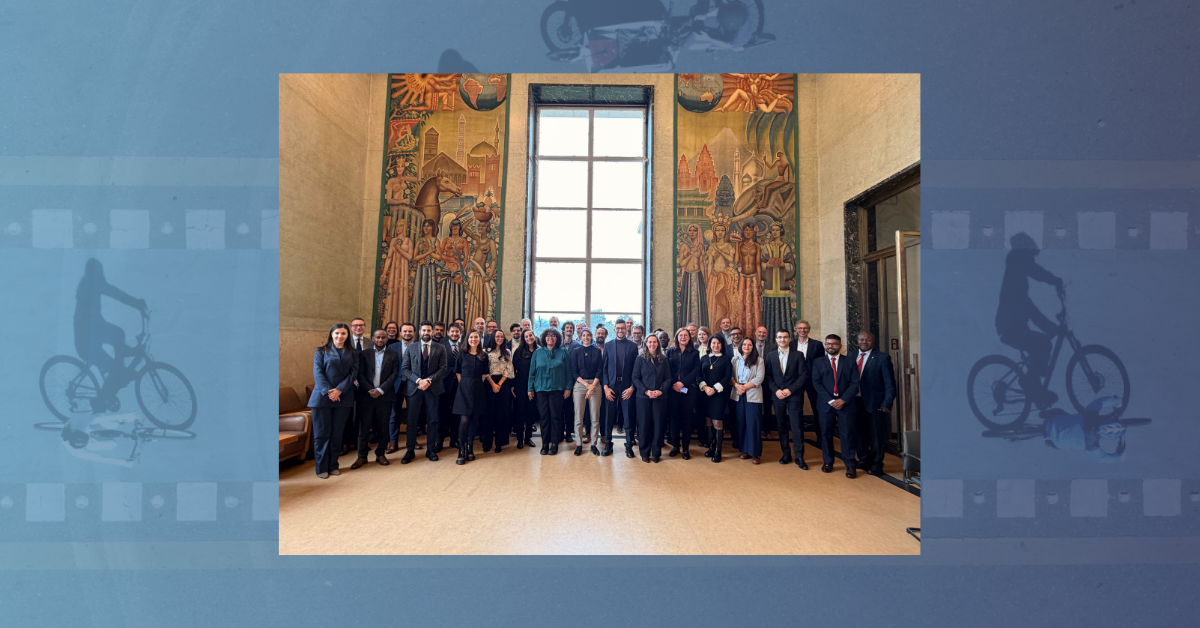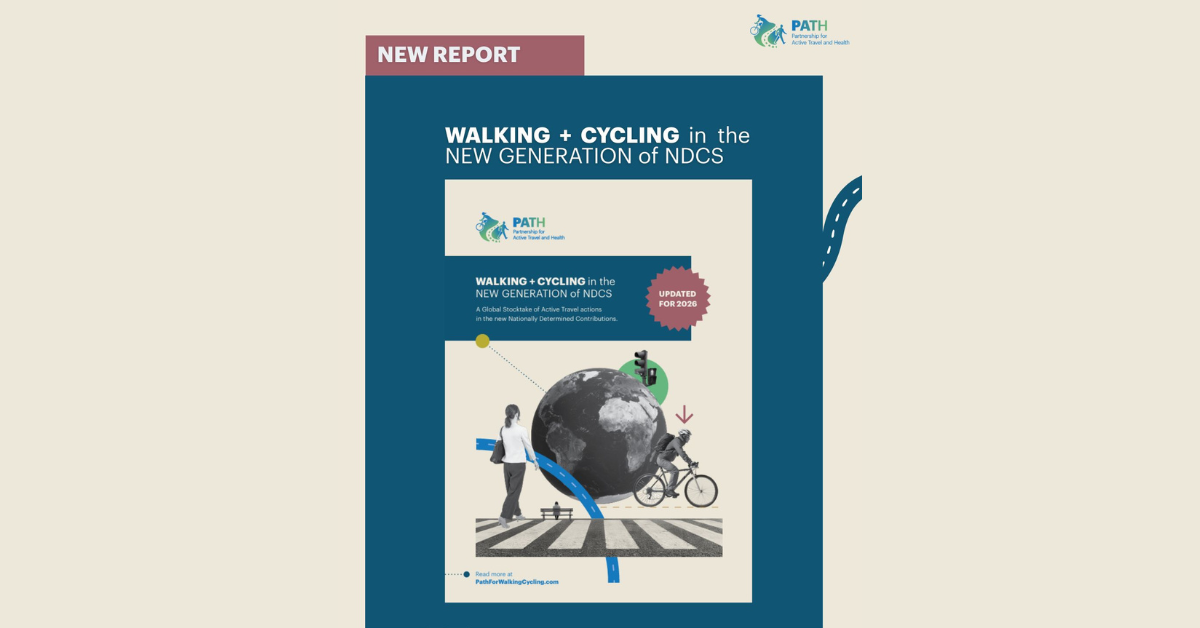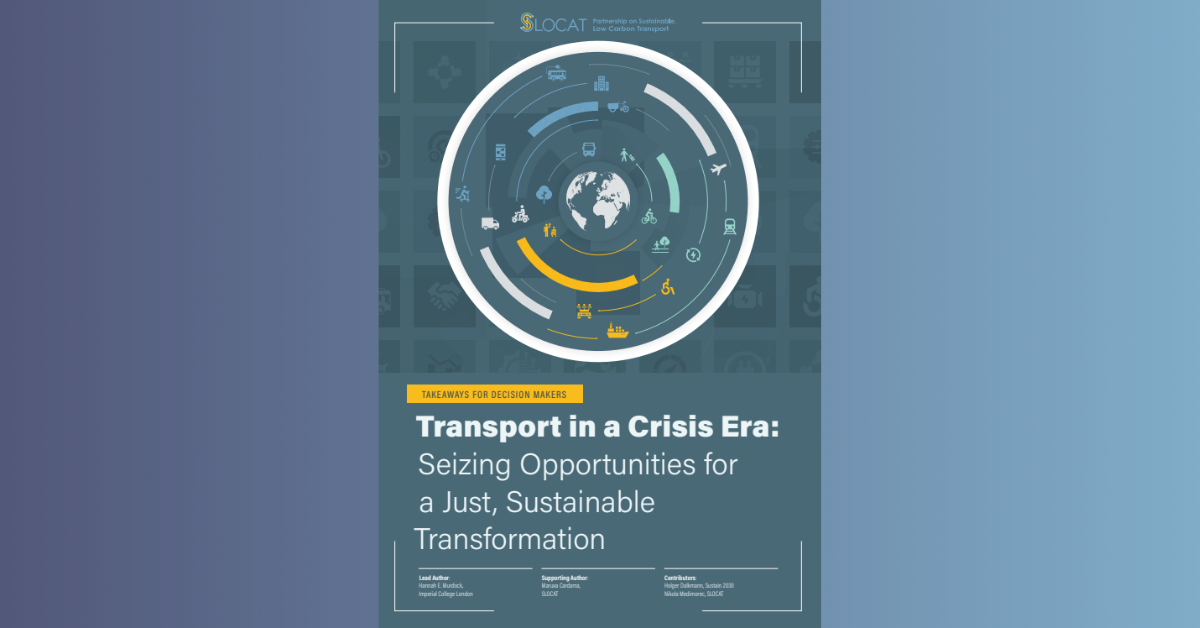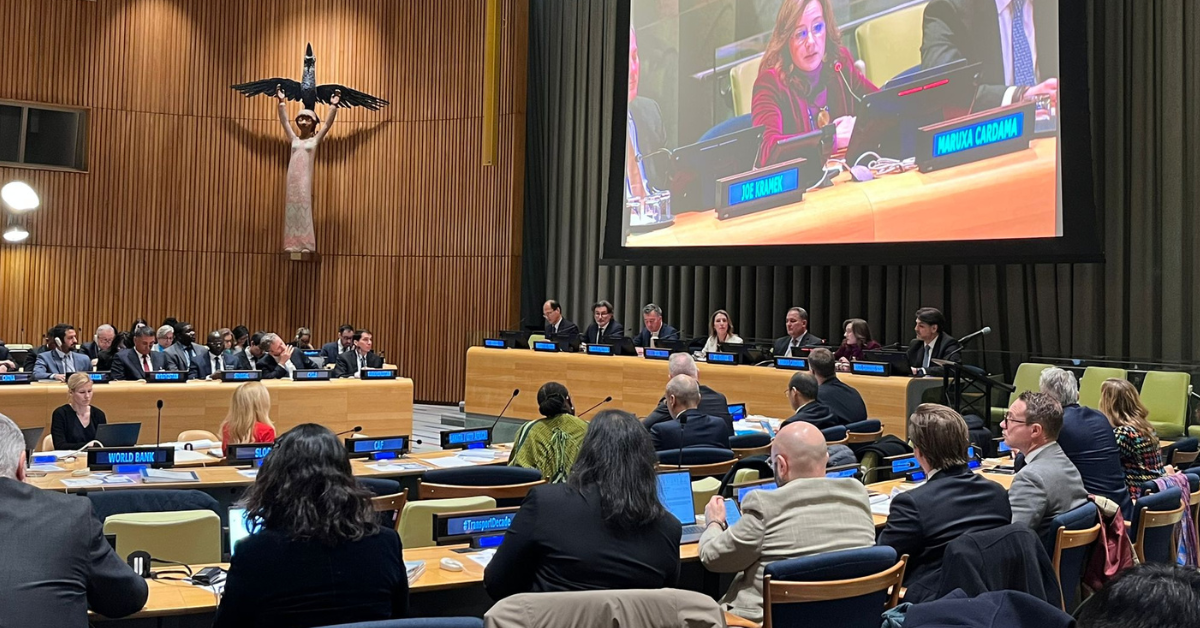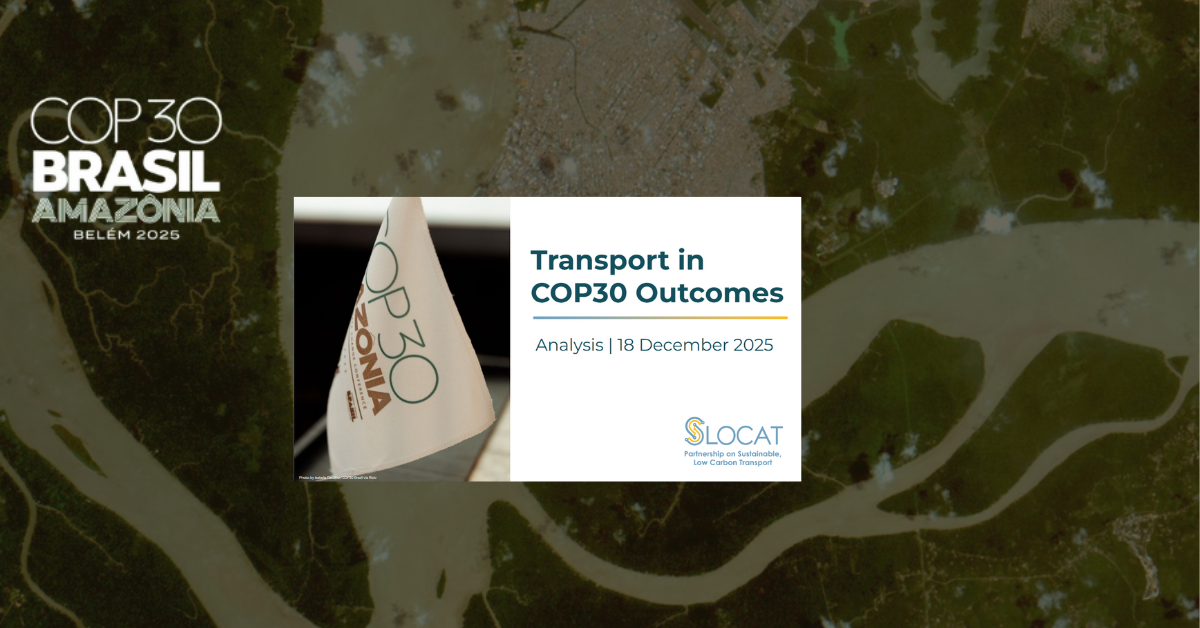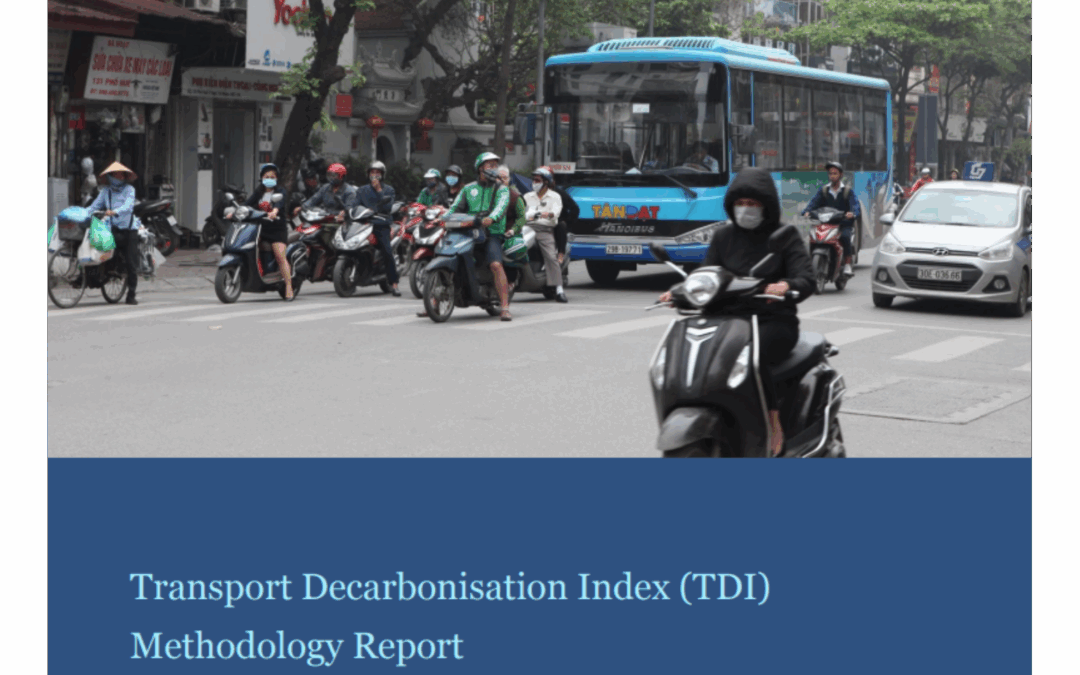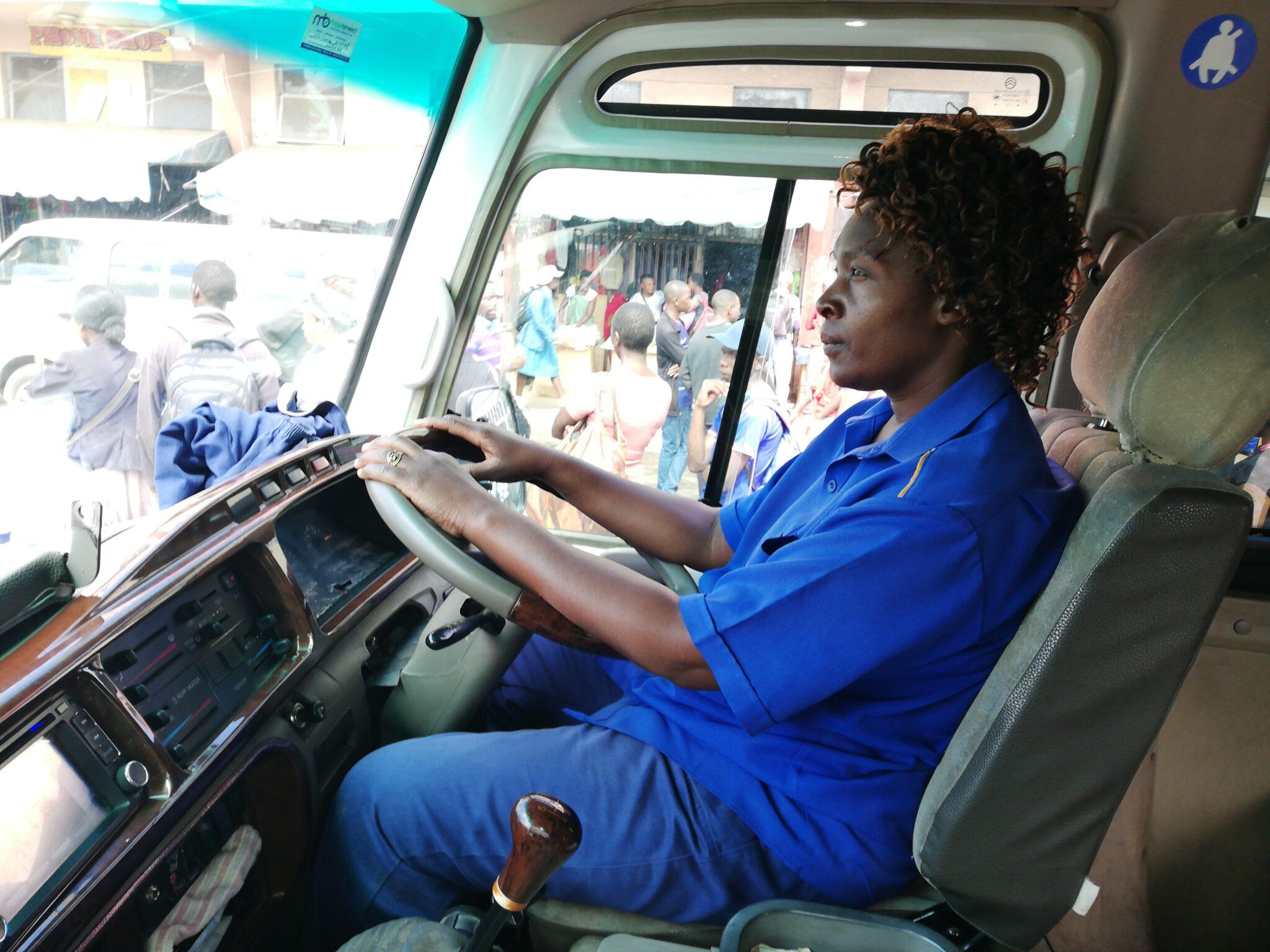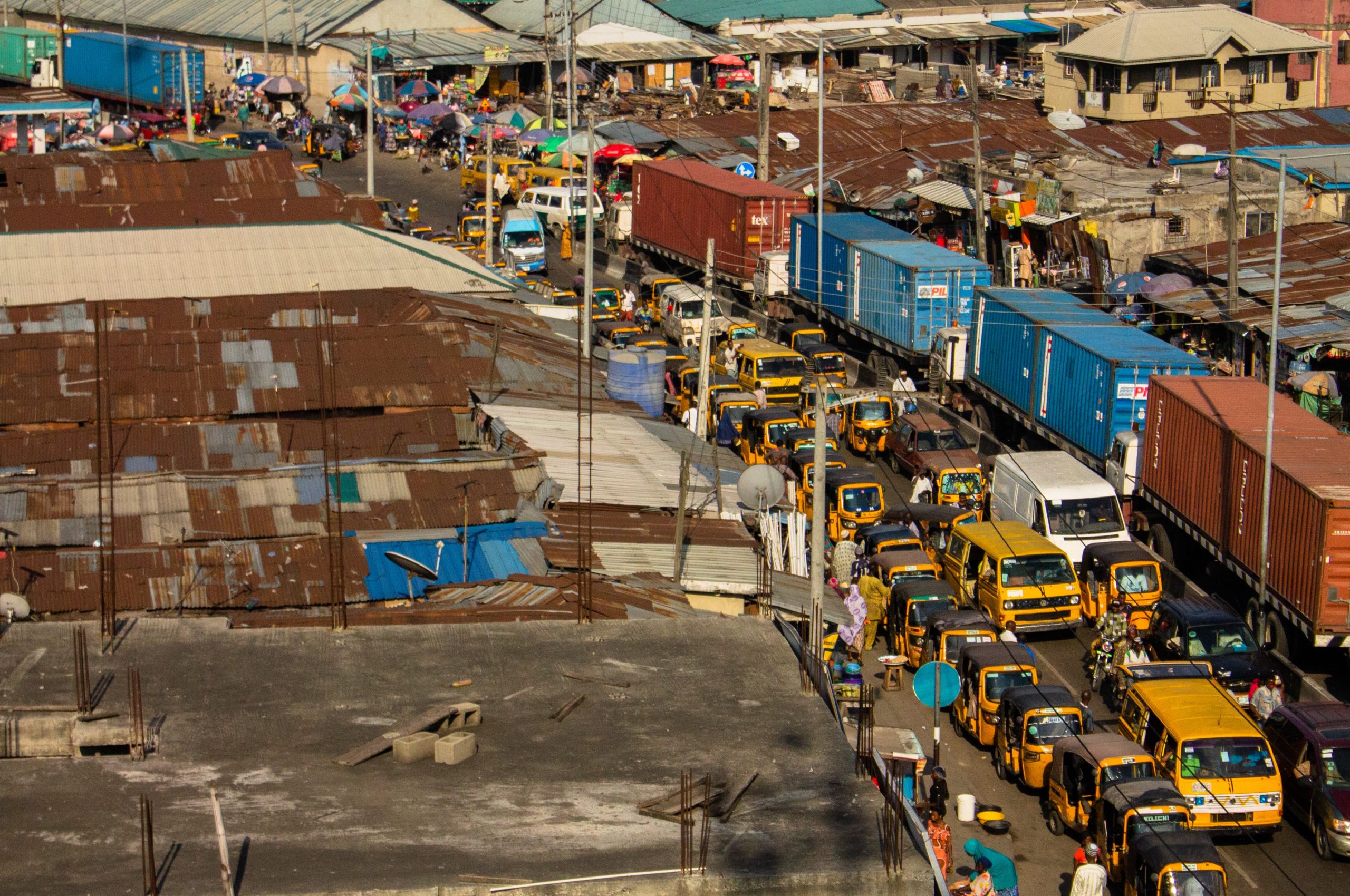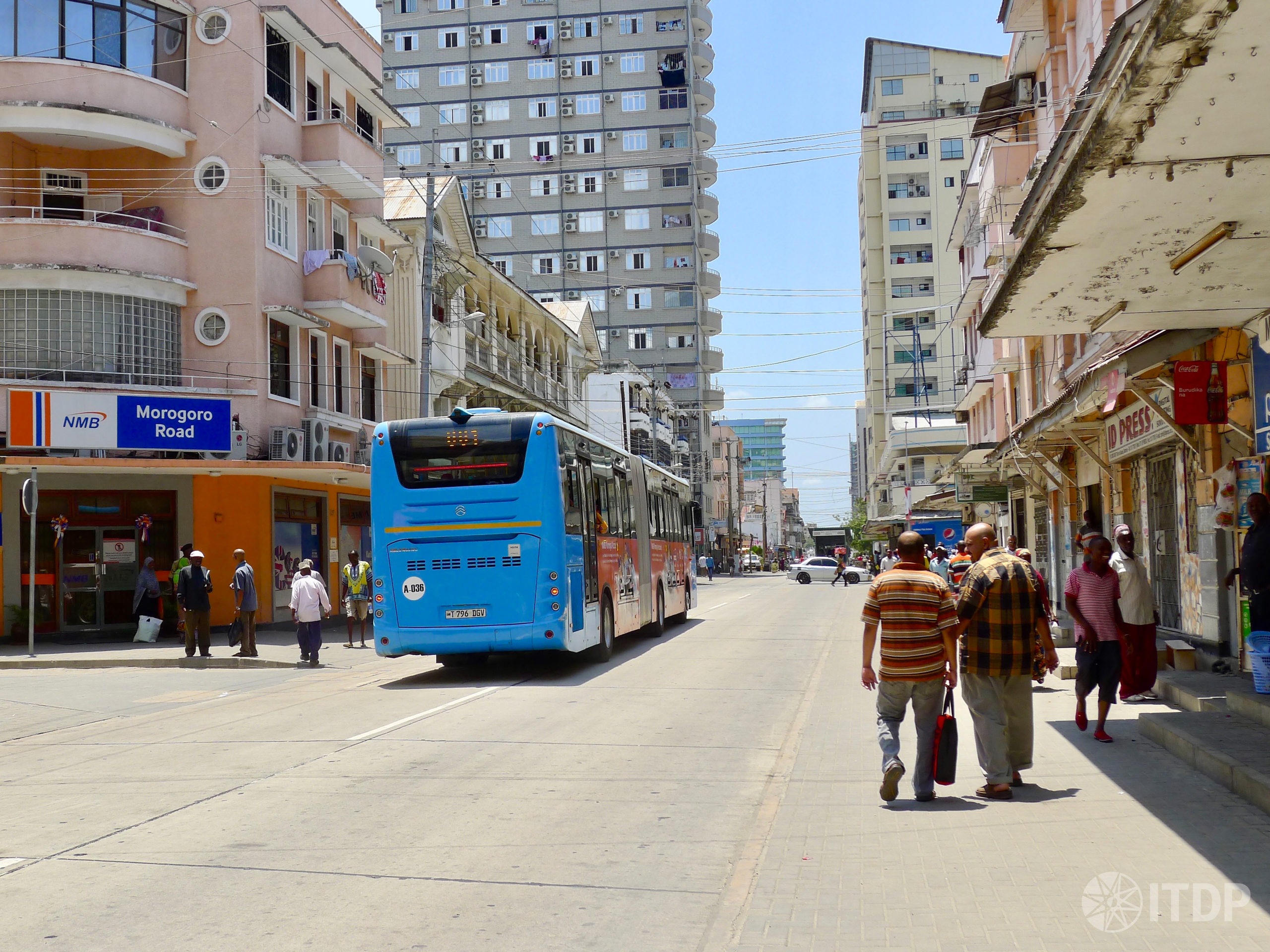The French Development Agency undertook to make its activity be 100% consistent with the Paris Agreement, which involves financing projects promoting a long-term low-carbon transition – and excluding projects that support fossil energy production or use. In addition, 50% of AFD annual financing goes to projects that have a direct beneficial impact on the climate (climate co-benefits), through mitigation or adaptation. Considering that sustainable projects are only resilient when they also foster a “fair transition”, AFD developed a “100% social link” strategy aimed at reducing all forms of inequality and strengthening inclusion. This involves ensuring access for all to basic services, ensuring participation in the design and implementation of projects and developing projects with a gender sensitive perspective. These are two transversal pillars of AFD Group strategy. A third pillar is to develop partnerships with other stakeholders, from North and South, be they local authorities or development banks.
In the transport sector, supporting projects with both climate co-benefits and enhanced social impacts has meant a focus on urban mobility and on rural roads.
To put urban mobility higher in the international Climate agenda, AFD has launched in 2015 the MobiliseYourCity Partnership, together with European partners. At the city level, the MobiliseYourCity Partnership supports cities and government to plan low-carbon mobility through the development of Sustainable Urban Mobility Plans (SUMP) and National Urban Mobility Policies (NUMP). They help building a realistic roadmap towards more sustainable and inclusive transport systems.
At the project level, a particular attention is given to gender approaches. An accessible public transport project provides a service adapted to women users and safe. Promoting the participation of women in the design of these systems can reduce women insecurity in public transport and spaces.
In the majority of African cities, at least 70% of public transport is provided by informal private operators. The professionalization of the paratransit sector can improve the quality of public transport (accessibility and road security) and create decent employment. This has become a major strategic area for AFD intervention. AFD is supporting in Dakar (Senegal) the development of a secondary bus network (feeding the two mass-transit systems that are under implementation: bus rapid transit and transport express régional), for which professionalization of paratransit is a key element.
Providing access to affordable transport is a priority in Africa where the share of transport-related expenditure in household budgets represents for the poorest between 15 and 20% of household income. Planning and governance of transport systems at the institutional level to reach an affordability objective involves rethinking the fare structure, social policies and targeted subsidies (introduction of cross-subsidisation between individual and collective modes); but also changing the ways in which transport operators are organized and remunerated.
At the rural level, rural road access projects play a key role in connecting territories to social and economic amenities and ensuring social and territorial cohesion. In sub-Saharan Africa, only 34% of the rural population lives within 2 km of an all-season from an all-season road. AFD supports the construction of the RN8 road located in the north of Kaga-Bandoro in the Central African Republic near the Sudanese border. These isolated and sparsely populated areas, located more than 600 km from the capital Bangui, are occupied by armed groups and have almost no access to state public services.
Rural roads projects also combine climate and social co-benefices. From a climate “adaptation” point of view, rural roads are an instrument to enhance the resilience of rural territories, in view of increase flood risks. The inclusion of adaptation strategies in rural road projects will enhance the practability of roads under higher flood risks. Rural infrastructure projects should also tackle road safety, which is a key challenge in the developing world. With 32.2 deaths per 100,000 inhabitants, Africa has the highest accident and mortality rates worldwide. A gender perspective can be included in rural transport projects, with a specific attention on women uses of the roads. Women can also be part of labour-intensive works when building rural transport infrastructure. These methods have a positive socio-economic impact, providing women with providing employment and entrepreneurial opportunities around rural road construction and maintenance (ILO, 2010).
Monitoring the impacts of transport projects on the people is a priority for AFD and a condition to ensure that they support effectively the transition towards climate change adaptation and mitigation and the “fair” transition. Projects access indicators are followed during three years after their commissioning and include the following indicators among others: number of people with an improved access to transport systems; number of people benefiting from developed or improved public policy frameworks for sustainable low-carbon mobility; or the number of “low emission” vehicles purchased or renewed.

Suzanne Spooner
Suzanne Spooner is Project Manager and Knowledge Manager in the Transport and Mobility department at AFD. She is charge of AFD partnership with SLOCAT and CODATU and of AFD projects in Brazil and Turkey. She also works in the coordination of the EUROCLIMA+ Mobility component and on the promotion of electric mobility in Latin America and gender equality in the transport sector. Before joining AFD, Suzanne has worked in international organizations and in a consulting firm specialized in sustainable urban development. Suzanne is a graduate of Sciences Po and holds a Master Degree in Urban Planning and Mobility.

Suzanne Spooner
Suzanne Spooner is Project Manager and Knowledge Manager in the Transport and Mobility department at AFD. She is charge of AFD partnership with SLOCAT and CODATU and of AFD projects in Brazil and Turkey. She also works in the coordination of the EUROCLIMA+ Mobility component and on the promotion of electric mobility in Latin America and gender equality in the transport sector. Before joining AFD, Suzanne has worked in international organizations and in a consulting firm specialized in sustainable urban development. Suzanne is a graduate of Sciences Po and holds a Master Degree in Urban Planning and Mobility.









